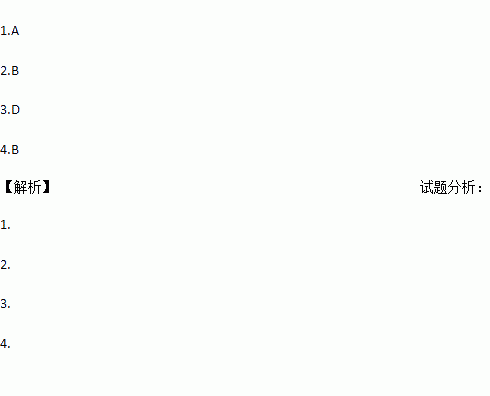题目内容
One day I saw a boy wrapped in a towel on the side of the pool. He was no bigger than I was, so I thought him______Coming secretly behind, I pushed him in, holding on to his towel so that it would not get wet, I was surprised to see an angry face come out from the water, and a being of great strength masking its way by face strokes (猛力地划)to the shore. I fled, but in vain. He overtook me, seized me violently, and threw me into the deepest part of the pool. I soon climbed out on the other side, and found myself surrounded by a crowd of younger boys.” Do you know what you have done?” they said, “It’s Amery; he is in Grade Six. He is champion at gym; he has got his football honor.”
I was frightened and felt ashamed. How could I tell his position when be was wrapped in a bath towel and so small.” He didn’t seem pleased at all, so I added in a most brilliant word,” My father, who is a great man, is also small.” At this be laughed, and after some general words about my rude behavior and how I had better be careful in the future, signified the incident was closed.
1.
A. was of similar size
B. was fond of games
C. looked like an animal
D. was good at sports
2.
A. he was laughed at by other boys
B. he played a joke on an outstanding athlete
C. Amery turned out to be in the same grade
D. he pushed Amery hard and hurt him
3.
A. challenged Amery B. threatened Amery
C. admired his father D. tried to please Amery
4.
A. The writer could run faster than Amery.
B. Amery forgave the writer for his rude behavior.
C. The writer liked playing on boys of all sizes.
D. Amery was a student in Grade Four.
 三新快车金牌周周练系列答案
三新快车金牌周周练系列答案
